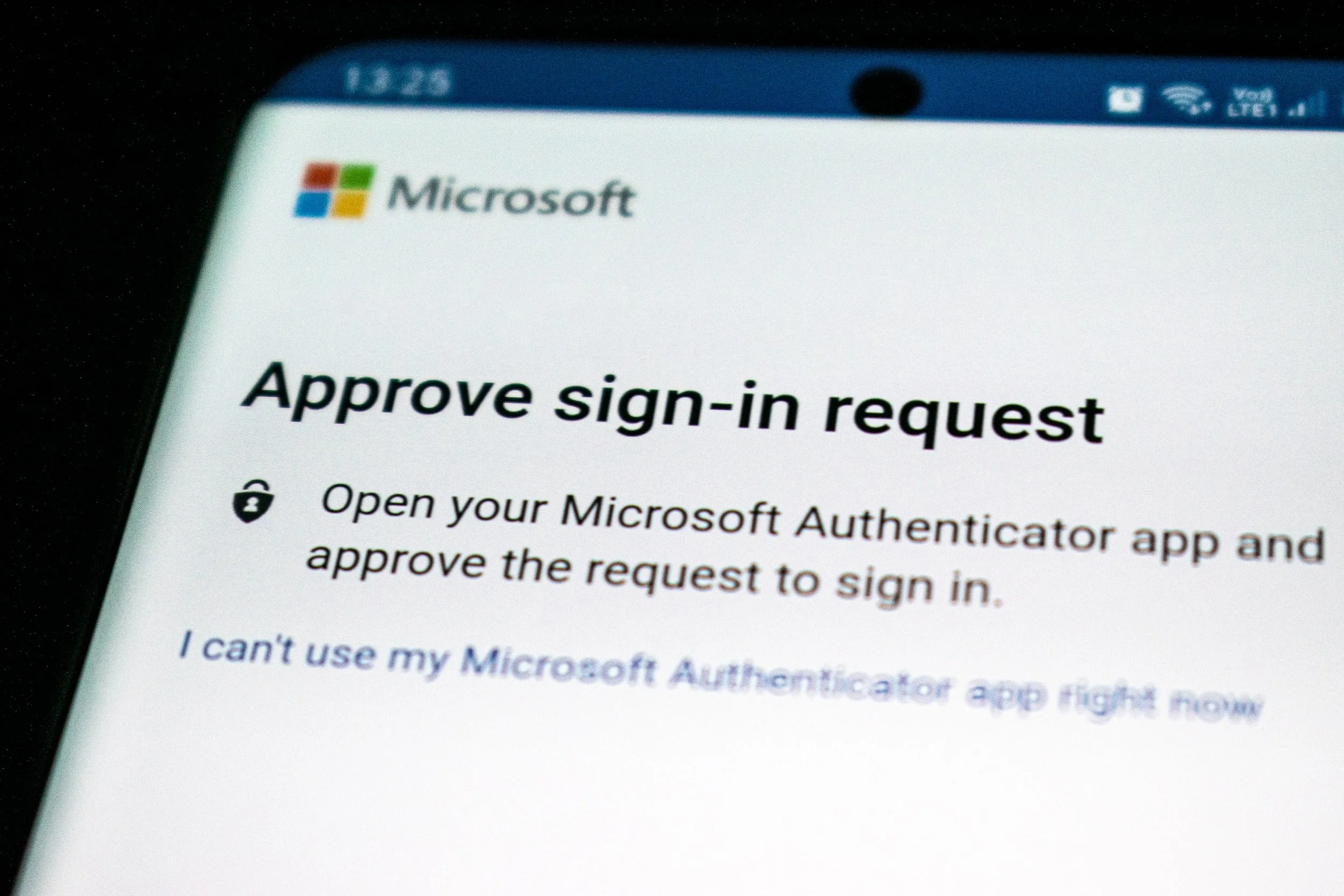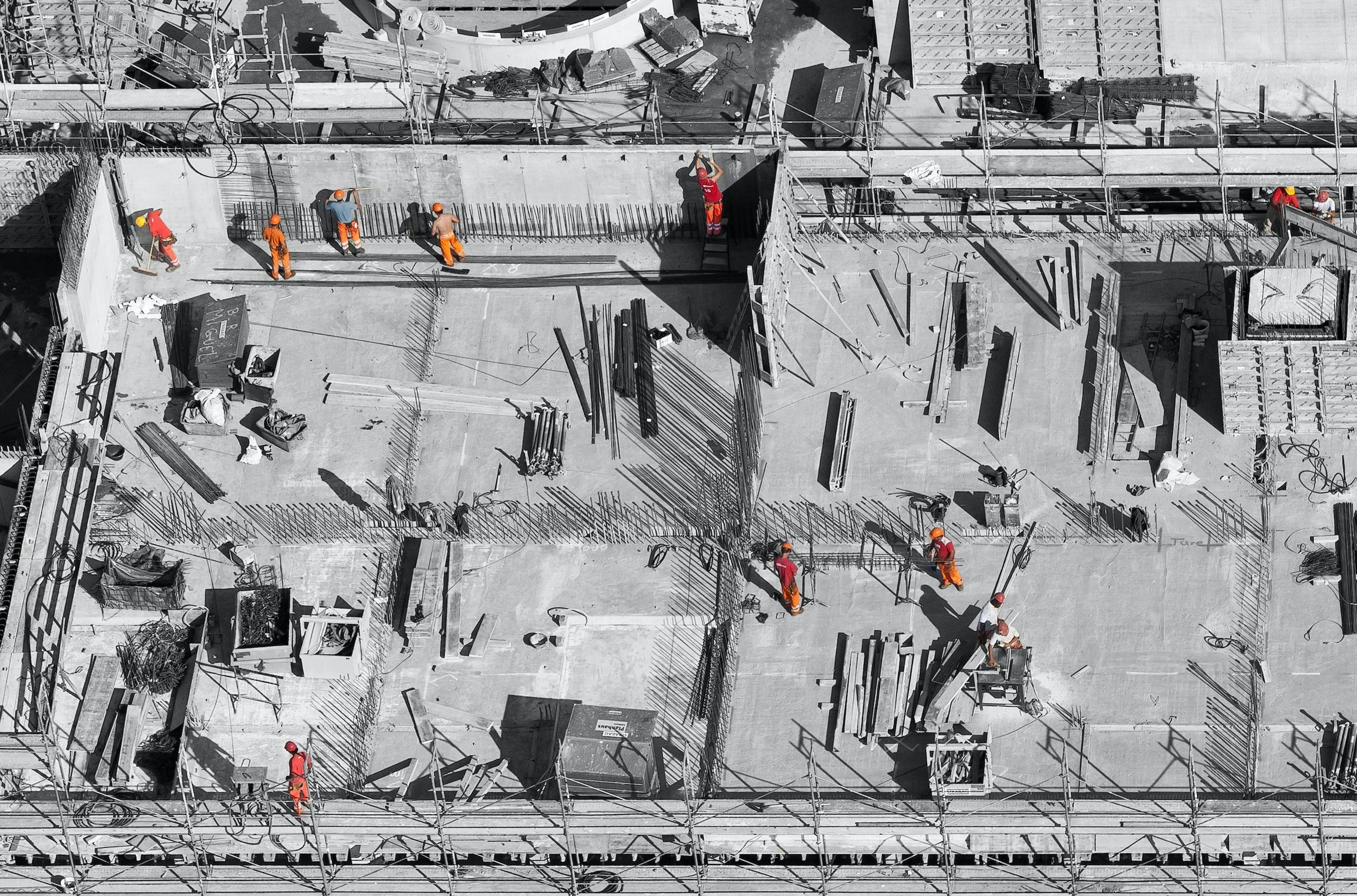HOT TAKES. ONE PLACE.
There's a LOT to know about insurance. So, whether you've got a specific question or just want the 411 on what we do, click around on the articles below.
No Holidays for Hackers: Higher Revenue Losses for Non-weekday Cyber Events
Ransomware events that occur on holidays and weekends cause much higher revenue losses than cyber incidents occurring on weekdays—primarily due to lower staffing levels—according to a survey of over 1,200 cybersecurity professionals.
Insuring Cryptocurrency Losses
Cryptocurrency is characterized as a digital currency that operates independently of a banking system and leverages encryption technology to transfer its value through the internet. There are several different types of cryptocurrency, but the largest by market capitalization is bitcoin. Despite its intangible form, cryptocurrency functions similarly to physical cash across many countries and governments.
10 Essential Cybersecurity Controls
Cyber incidents—including data breaches, ransomware attacks and social engineering scams—have become increasingly prevalent, impacting organizations of all sizes and industries. Such incidents have largely been brought on by additional cyberthreat vectors and growing attacker sophistication.
Commercial Risk Advisor | December 2022
Office holiday parties can give employees the opportunity to celebrate a successful year of business, but they can also open companies up to liability risks, especially if alcohol is involved. However, with some advanced planning, employers can minimize those risks and enjoy the holiday celebration.
Key Differences Between Commercial Excess Liability and Umbrella Insurance Policies
Commercial excess liability insurance and umbrella insurance are secondary coverage policies that attach after primary insurance policy limits—such as general liability, employer’s liability and commercial auto insurance—have been exhausted. This additional coverage can protect your business from the financial consequences of large losses that exceed what your primary insurance can cover.
Older Driver Safety Awareness Week Is Dec. 5-9
According to the Federal Highway Administration, the number of licensed drivers over 70 increased 75% from 1997 to 2020. This is partially due to U.S. demographics, in which Americans over 65 represent the fastest-growing sector of the U.S. population. But it also reflects a trend in American driving habits. Older adults are generally driving more miles and keeping their licenses longer than previous generations.
Creating a Cybersecurity Culture
Employees are an organization’s first line of defense against cybercriminals. For this reason, they are also commonly targeted. In fact, the vast majority (88%) of data breaches are caused by employee mistakes, according to Stanford University. Unfortunately for organizations, a single mistake can result in costly losses, reputational damage and lost or stolen data.
Managing End-of-Life Software
At some point, all software will reach the end of its life. This means manufacturers will no longer develop or service the product, discontinuing all technical support, upgrades, bug fixes and security fixes. As a result, end-of-life (EOL) software will have known vulnerabilities that cybercriminals can easily exploit. This article discusses the risks of continuing to use EOL software and discusses best practices for organizations to mitigate this risk.
Builders Risk Insurance: Understanding What’s Covered
Builders risk insurance is a specialized form of property coverage that can help protect buildings and other structures under construction. Also known as course of construction insurance, such coverage can assist with various expenses that may result from property damage amid construction projects.
General Cybersecurity Best Practices for Modern Vehicles
Modern vehicle technology has transformed in the past several years as autonomous driving, vehicle electrification and car connectivity features have become more common. While these digital innovations in the automotive industry have added significant customer value, they have also exposed vehicles to cybercriminals attempting to gain access to critical in-vehicle electronic units and data.
Attack Surface Management Explained
An attack surface is the total possible entry points (a.k.a. attack vectors) for unauthorized access into any system. The recent increase in remote and hybrid work combined with the shift to the cloud and widespread implementation of software-as-a-service (SAAS) applications have made attack surfaces increasingly large, complex and difficult to defend against cyberattacks.
Patch Management Explained
Patch management is the process of acquiring and applying software updates to a variety of endpoints, including mobile devices, computers, servers and embedded devices. Installing patches regularly is necessary to correct errors, help protect data and optimize system functions. This article provides information on how a consistent approach to patching and updating software can limit exposure to various exploits.
Endpoint Detection and Response Explained
Endpoint detection and response (EDR) is a cybersecurity solution that continuously monitors security-related threat information and endpoint data to detect and respond to ransomware and other kinds of malware. It provides visibility into security incidents occurring on endpoints—such as mobile devices, desktop computers, laptops, embedded devices and servers—to prevent damage and future attacks.
Commercial Risk Advisor | November 2022
Over the past decade, many states have been moving toward the legalization of both recreational and medical marijuana. The changes in legislation have posed a range of difficulties for employers, forcing many to reevaluate existing workplace drug policies and procedures.
Hurricane Cleanup and Recovery Tips
Recovering a commercial business in the aftermath of a hurricane can be challenging. According to the Federal Emergency Management Agency (FEMA), more than 40% of businesses don’t reopen after a disaster.
How Small Businesses Can Prepare for a Recession
A recession is a prolonged and pervasive reduction in economic activity. Generally speaking, multiple successive quarters of negative growth in gross domestic product—a monetary calculation of the market value of goods and services generated and sold during a set time period within a given country—constitute a recession. A recession can last for several months or years. Furthermore, recovering from this state to the nation’s previous economic peak can take years, even after a recession ends.
Ransomware, BEC Caused Half of All Claims in 2020, 2021
Ransomware and business email compromise (BEC) caused the most cyber insurance claims over the past five years, accounting for 44% of about 7,000 claims examined in NetDiligence’s 2022 Cyber Claims Study. The percentage of claims attributed to these two causes of loss rose to 50% for claims reported in 2020 and 2021.
OSHA Announces Preliminary Top 10 Violations for Fiscal Year 2022
OSHA announced its preliminary list of the top 10 most frequently cited workplace safety standards for fiscal year 2022. Since OSHA’s fiscal year doesn’t end until Sept. 30—and this list was published prior to this date—the final results won’t be announced until the beginning of 2023. However, this preliminary list indicates the most violated safety standards for fiscal year 2022.
General Liability Exposures Every Organization Should Know
Almost every organization faces commercial liability exposures. A commercial liability loss exposure is a condition or situation that presents the possibility of an organization becoming legally and financially responsible for injury, harm or damage to another party.
Protecting Workers From Concrete Hazards
Concrete is a common material utilized across many construction sites, particularly as it pertains to foundation work. With this in mind, concrete hazards are a key concern within the sector. Such hazards may include respiratory issues caused by concrete dust, slips and falls on wet concrete, skin and eye irritation due to concrete spills or splashes, and struck-by injuries stemming from shifting or tipping concrete slabs—many of which can weigh greater than 800 pounds.





















